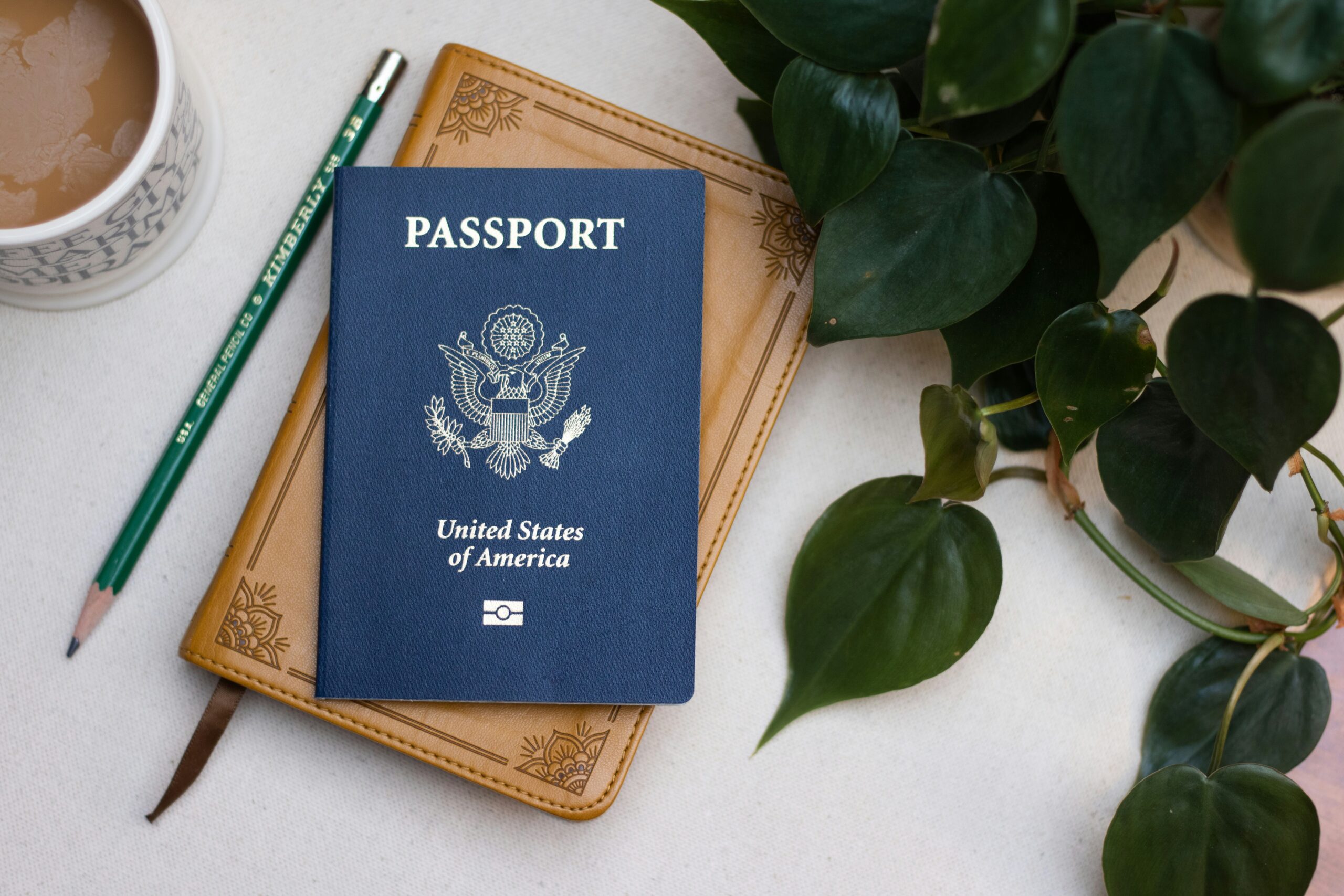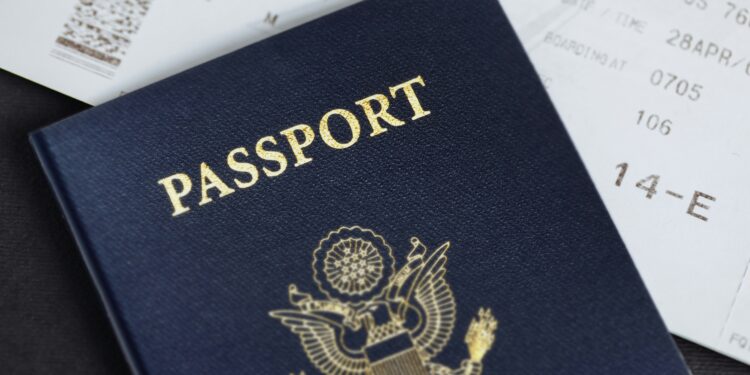For the first time in years, the American passport has slipped out of the world’s top ten, a quiet but telling symbol of how much global influence the United States has lost.
A Slide That Says A Lot
According to the new Henley Passport Index, the U.S. passport now sits in 12th place, tied with Malaysia, giving Americans visa-free or visa-on-arrival access to 180 countries. Ten years ago, it was one of the strongest in the world. Today, it’s a reminder that power isn’t just about armies or economies, it’s also about how welcome your citizens are across borders.
At the top of the list, Singapore holds the crown with access to 193 countries, followed closely by South Korea (190) and Japan (189). Then come Germany, Italy, Luxembourg, Spain, and Switzerland (188), all nations that have managed to maintain both influence and goodwill globally.

Further down the list, Austria, Belgium, Denmark, Finland, France, Ireland, and the Netherlands (187) take fifth place, while Greece, Hungary, New Zealand, Norway, Portugal, and Sweden (186) come sixth. The seventh spot goes to Australia, Czechia, Malta, and Poland (185), while Croatia, Estonia, Slovakia, Slovenia, the UAE, and the UK (184) follow closely behind.
Canada (183) sits in ninth place, and Latvia and Liechtenstein (182) close the top ten. Then come Iceland and Lithuania (181) in eleventh, before the once-mighty United States lands in twelfth.
The Trump Factor
Under Donald Trump’s return to a hardline, isolationist approach, the country has withdrawn from several global partnerships while tightening travel restrictions. His decision earlier this year to ban entry from nearly twenty countries may have satisfied domestic supporters, but it also provoked quiet diplomatic backlash abroad.
Other nations are returning the favor, tightening visa access for Americans, reevaluating trade and travel agreements, and, in some cases, simply losing interest in engaging with Washington’s unpredictable politics.
One Washington analyst put it bluntly: “The world is moving on while America looks inward.” That statement captures what the numbers can’t fully express, that global mobility is not just a privilege, it’s a mirror of trust.
America’s Shrinking Welcome
While a U.S. passport still opens doors in most places, its decline from the top tier shows that reputation matters. The country that once symbolized freedom and opportunity is increasingly viewed as selective and self-centered. Nations like Singapore and Japan, by contrast, have built their passport power not through dominance but diplomacy, consistency, cooperation, and calm leadership.
Trump’s push for “America First” may play well at home, but abroad it often reads as “America Alone.” When the US falls out of top 10 most powerful passports, it’s a reflection of how global confidence in American openness has eroded.
The Numbers Don’t Lie
Here’s the 2025 ranking from the Henley Passport Index:
1.Singapore – 193 countries
2 South Korea – 190
3 Japan – 189
4 Germany, Italy, Luxembourg, Spain, Switzerland – 188
5 Austria, Belgium, Denmark, Finland, France, Ireland, Netherlands – 187
6 Greece, Hungary, New Zealand, Norway, Portugal, Sweden – 186
7 Australia, Czechia, Malta, Poland – 185
8 Croatia, Estonia, Slovakia, Slovenia, UAE, UK – 184
9 Canada – 183
10 Latvia, Liechtenstein – 182
11 Iceland, Lithuania – 181
12 United States, Malaysia – 180
At the very bottom, Afghanistan (24), Syria (26), Iraq (29), and Yemen and Pakistan (31 each) represent the weakest passports in the world.
What This Decline Really Means
This ranking isn’t just a hit to national pride. It has real implications for business travel, diplomacy, and cultural exchange. Every time the US falls out of top 10 most powerful passports, it sends a message, that influence is earned, not inherited.
Christian H. Kaelin of Henley & Partners summed it up perfectly: countries that embrace “openness and cooperation” are moving ahead, while those “resting on past privilege” are being left behind. That sounds eerily like what’s happening in Washington.
So yes, US falls out of top 10 most powerful passports and maybe, just maybe, it’s time the country learns that being feared is not the same as being respected.

















